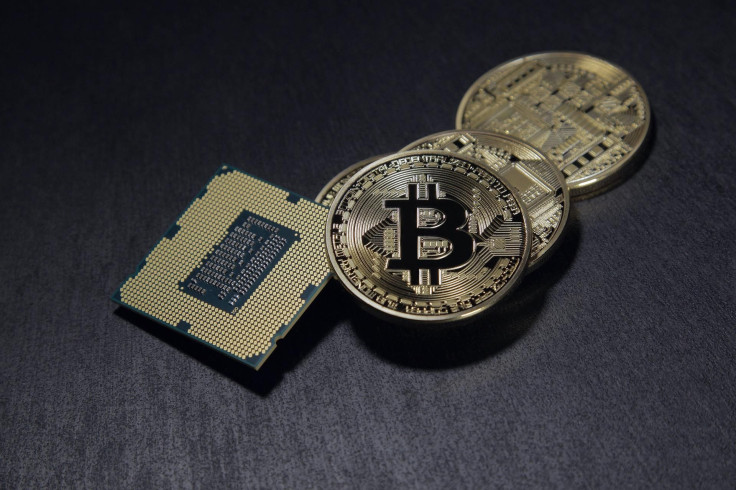Algorand Undergoes Major Upgrade To Boost Transactions Per Second
KEY POINTS
- Algorand's new upgrade has integrated State Proofs into the blockchain
- The network can now handle 1,200 to 6,000 transactions per second
- It now supports "real-world Web3 applications, ranging from sports to music to CBDCs and DeFi"
Layer 1 blockchain Algorand has debuted a new upgrade that aims to boost the chain's transactions per second (TPS) and improve cross-chain communication to increase performance by five times.
The upgrade is already live on the mainnet and features State Proofs, a type of interoperability standard whose goal is to connect blockchains to the outer world without depending on a third party in between, according to a statement.
This integration of State Proofs is said to "enable trustless cross-chain communication, an increase in performance from 1,200 to 6,000 transactions per second (TPS), and new tools to streamline development and introduce on-chain randomness capabilities for dApps."
The upgrade establishes Algorand, which is based on the Proof-of-Stake consensus and claims to be completely carbon negative, as a blockchain that supports "real-world Web3 applications, ranging from sports to music to CBDCs and DeFi," as per the statement.
"With today's release, Algorand proves once again that decentralization does not need to come at the cost of performance or security," Algorand founder Silvio Micali reportedly said. "Interoperability between blockchains is the future, and Algorand State Proofs are a critical security feature for communication between networks. We are extremely proud of this innovation and believe it will push the entire blockchain landscape forward."
The increase in transactions per second might boost the adoption of the Algorand blockchain as financial services corporation Visa currently handles 1,500 to 2,000 transactions per second, while Bitcoin handles around five and Ethereum blockchain deals with around 10.
The statement also pointed out the fact that Algorand has experienced zero downtime since the blockchain's debut.
Ethereum killer Solana (SOL), on the other hand, has faced multiple outages in the last year. Solana founder Anatoly Yakovenko claimed that the blockchain's incredible transaction speed doesn't leave much wiggle room and poses various challenges.
"Because of this load, we've seen things that we didn't expect, and we were a bit short-sighted in the kinds of attacks people would throw at the network," Yakovenko explained.

© Copyright IBTimes 2025. All rights reserved.




















